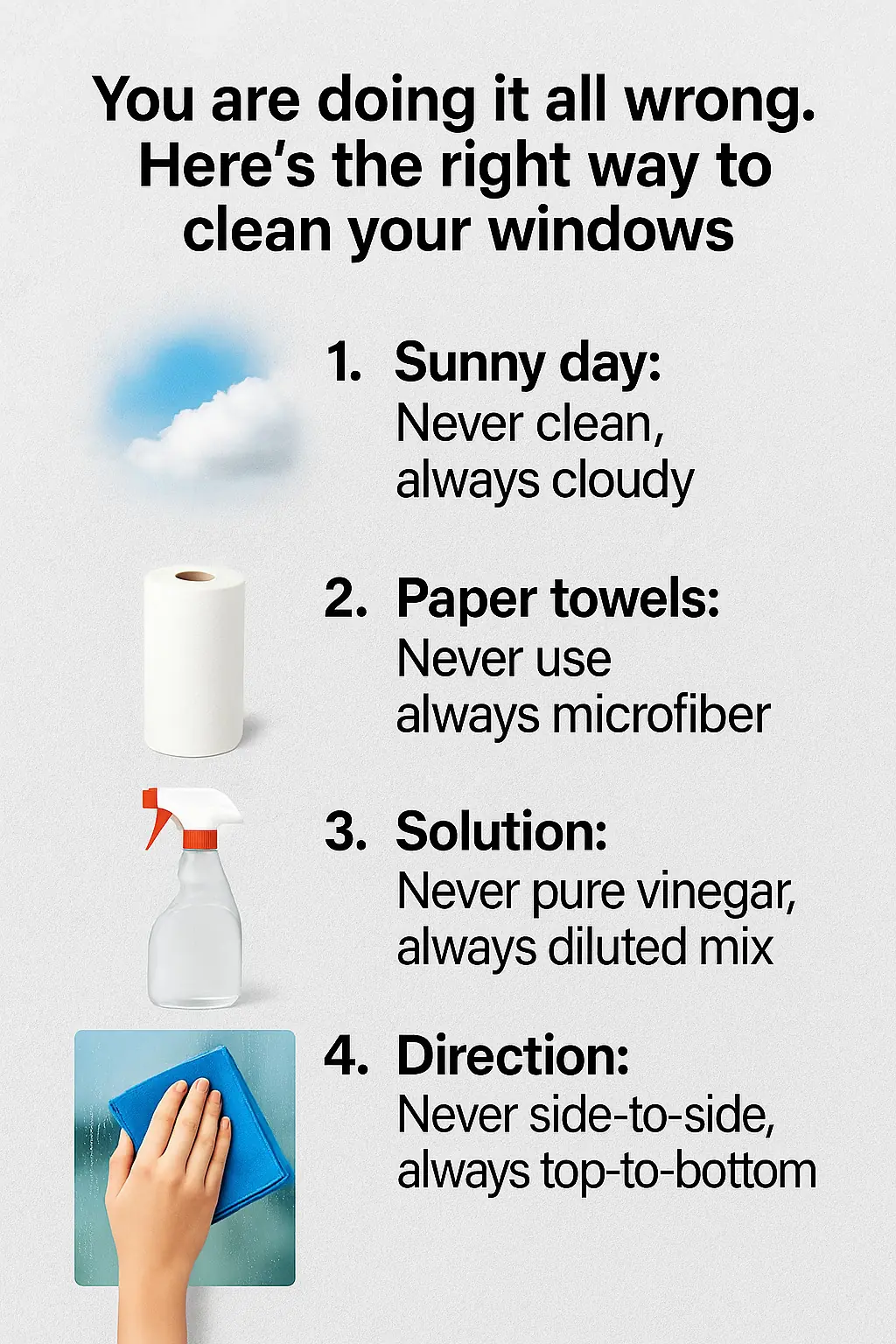
What Your Pile of Dirty Dishes Might Really Be Saying About You

It’s easy to dismiss a growing pile of dirty dishes as nothing more than laziness or procrastination. After all, everyone puts off chores sometimes. But psychologists say that what’s sitting in your sink may actually reflect something deeper than a busy schedule — it could be a subtle indicator of your emotional state.
Our physical surroundings often mirror our inner world. A cluttered desk, an unmade bed, or a sink overflowing with plates can sometimes signal that we’re feeling equally overwhelmed inside. When life feels chaotic, our environment tends to follow suit — and that neglected pile of dishes might be quietly telling a story about stress, fatigue, or emotional overload.
The Psychology Behind the Pile
Clinical psychologists explain that when people are dealing with anxiety, depression, or burnout, even basic daily tasks can feel like monumental challenges. It’s not that people don’t care — it’s that mental health struggles drain motivation, focus, and energy. What used to take five minutes suddenly feels like climbing a mountain.
Washing dishes, folding laundry, or cleaning the kitchen may seem small, but they demand a level of mental bandwidth that people under stress often don’t have. Over time, those small acts of avoidance can build up, becoming both a symptom and a source of stress. The more the mess grows, the heavier the emotional weight becomes — creating a feedback loop of guilt and frustration.
As one therapist put it, “The dishes aren’t just dishes — they’re a reflection of your capacity to cope.” When you’re emotionally exhausted, maintaining order feels impossible.
The Emotional Message Behind Everyday Mess
A sink full of dishes doesn’t always mean something is wrong — sometimes it just means you had a long day. But if it’s a recurring pattern, it might be worth noticing what else is happening in your life. Are you feeling drained, disconnected, or unmotivated? Are other parts of your routine slipping too?
Psychologists suggest looking at these moments with curiosity rather than shame. Instead of criticizing yourself for not keeping up, try asking what the clutter might be communicating. Often, it’s an internal signal that you need rest, help, or a break from perfectionism.
Turning Awareness Into Action
The good news is that small steps can make a big difference. Start with one simple action — washing a single plate, clearing a bit of counter space, or setting a timer for five minutes of tidying. These manageable wins can rebuild momentum and restore a sense of control.
Mental health experts also recommend pairing cleaning with self-compassion. Instead of seeing chores as a burden, view them as acts of care — small gestures that help reconnect you to your space and yourself.
Over time, those small acts can shift your mindset. A clean sink won’t solve all your problems, but it can symbolize progress — a visual reminder that you’re capable of taking care of yourself, one small task at a time.
Final Thoughts
The next time you notice your dishes piling up, pause before judging yourself. That clutter may not be a failure — it may be your mind’s way of signaling that you’re tired, stressed, or stretched too thin. Recognizing that is the first step toward change.
Cleaning up can be a form of healing, too. Sometimes, scrubbing a single plate is more than a chore — it’s an act of self-kindness and a gentle declaration that you’re ready to move forward, even if it’s just one dish at a time.
News in the same category


You’re doing it all wrong. Here’s the right way to store eggs

The reasons why public toilet doors don't touch the ground.

Pouring Salt into the Toilet: Everyone Thinks It’s Crazy, but Once You Know Its Benefits, You’ll Try It at Home Immediately

Black Mold on Refrigerator Seals? Use This Trick to Clean It in Just 5 Minutes

Don’t Ignore This: Check Your Fridge Now and Remove These 7 Items Before It’s Too Late

Why is that and the answer for those who don't know?

Why Do Flat Electrical Plugs Have Two Round Holes? The Hidden Function Is Brilliant

You're doing it all wrong. Here’s the right way to store butter

Why There’s a Dent in Your Milk Jug—and What It Actually Does

The more you clean a leaky house, the dirtier it gets: Do this to dry it, with immediate effect

During humid spring rains, put this in the bathroom to help deodorize, avoid moisture, and save cleaning time.

4 ways to distinguish clean vermicelli and vermicelli contaminated with chemicals, every housewife should know

Tips for salting white eggplants so they stay crunchy, don't turn black, and don't develop mold over time

Putting citrus peels in white vinegar helps solve many household problems without wasting effort.

The whole world values this type of fruit even more than cordyceps; Vietnam has plenty of it, but no one knows to eat it.

You are doing it all wrong. Here's the right way to clean your windows

My nana taught me this hack to whiten dingy grout in 4 mins with 0 work. Here’s how it works

You’re doing it all wrong. Here’s the right way to dust your home
News Post

5 Amazing Benefits Of Aloe Vera Gel For Skin: Large Pores, Dark Spots, Wrinkles

Clove & Lemon Collagen Drink: Wrinkle Free, Glowing Skin

Unlock Your Body’s Hidden Power: Try Garlic and Honey on an Empty Stomach for 7 Days

Tragus Piercing What Does It Mean

9 Health Benefits of Pine Needles

Unlock The Incredible Health Benefits of Garlic, Ginger and Lemon for Men

A special method to grow garlic in plastic bottles

7 Benefits of the Miracle Leaf of Life

7 Amazing Health Benefits of Banana Blossoms

Boiling Sweet Potatoes: Don’t Just Add Plain Water—Add This Spoonful for Perfectly Fluffy, Sweet Results

The Science Behind Putting a Cotton Swab in a Menthol Oil Bottle

More People Are Struggling with Visceral Fat — Doctors Reveal 9 Foods That Help Burn It Naturally

Black Turmeric vs. Yellow Turmeric: Which One Is Better?

Starve cancer: the diet rotation strategy you need to know

Like to see more from Tips for the Home

💪 Sarcopenia: Why Muscle Loss Happens & How to Fight It (After 50)

I Had No Idea About This!

These Ideas Are Amazing: 10 Clever Ways to Use Dryer Sheets Beyond the Laundry Room

Most Don’t Know: 13 Brilliant Ways to Use WD-40 Around the House
